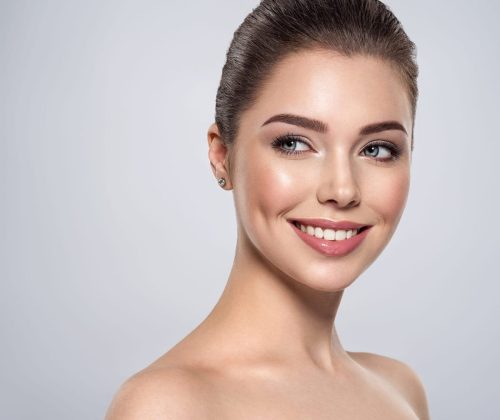ACNE
Learn About Treatment for this Common Skin Condition and its Scars
One of the most common diseases in the United States is acne. Charleston-area skin professionals at Germain Dermatology regularly see patients suffering from the condition that affects infants to adults, characterized by areas of skin developing redness, blackheads, whiteheads, papules, and cysts. When not treated properly, acne can leave permanent scars and/or dark spots on the skin, and can result in psychological effects, such as low self-esteem.
At Germain Dermatology, our medical professionals specialize in the treatment and diagnosis of acne. There are a wide variety of options for fighting the condition, including prescription medications, products, and laser treatments. Our medical professionals can help determine a customized individual treatment plan for you.

Conditions and Treatments
PhotoDynamic Therapy™ or Blu-U® Blue Light Therapy for Acne
PhotoDynamic Therapy™ (PDT) involves applying an FDA-approved topical agent called Levulan® to the skin, then activating it an hour or two later by shining a specific wavelength of light on it.
This is also known as “ALA/Blue Light treatment.” Once activated, the Levulan® reduces the size of pores and helps curb oil production in sebaceous glands.
Patients may need up to a week of down time for recovery after a treatment session, during which they should avoid sunlight by staying inside for the first 48 hours and using a sunscreen with an SPF of at least 30 and zinc oxide or titanium dioxide.

